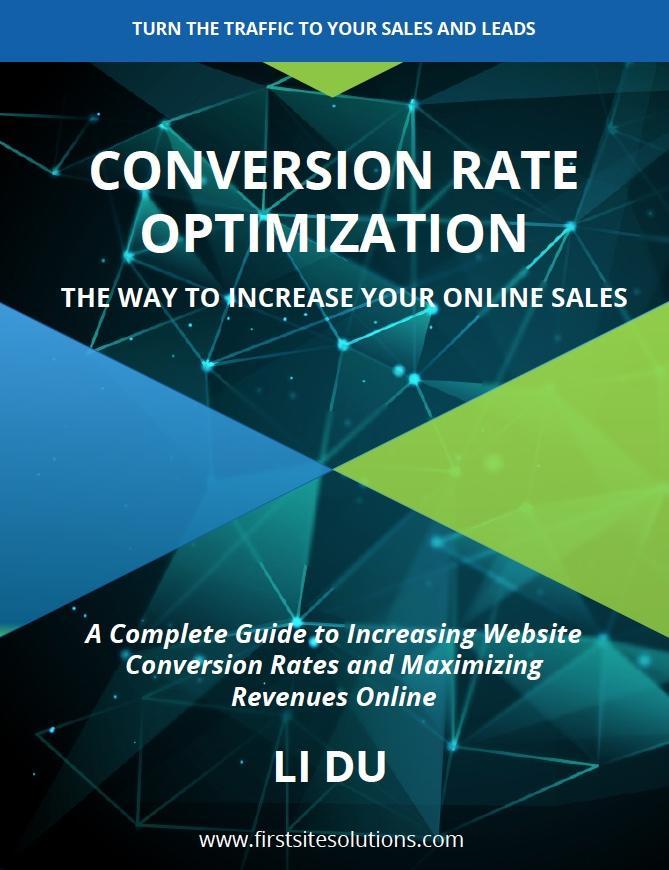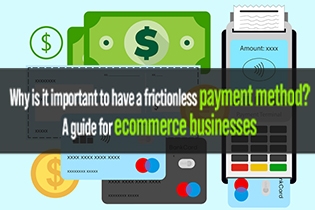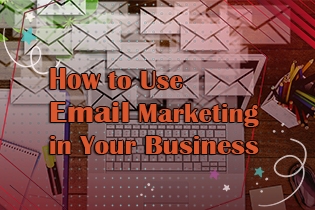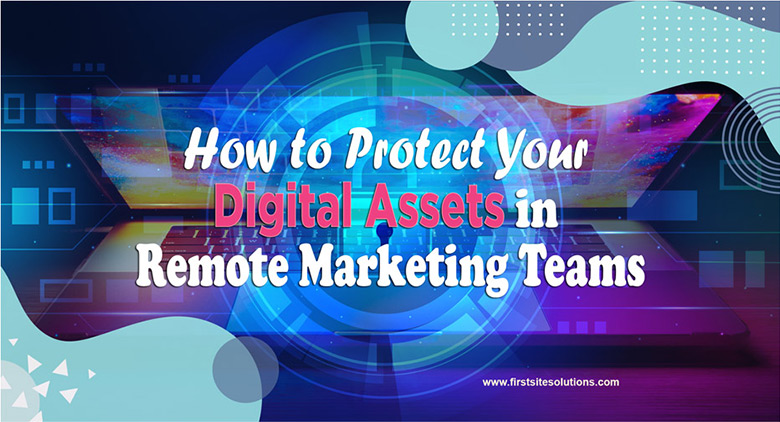
Remote employment is more popular today than ever. Driven by the complex events of 2020, companies worldwide have begun hiring employees to work remotely or from home.
This strategy helps to reduce office overheads in a digitally evolving landscape. It’s also a great way to ensure you always have access to the best talent.
Unfortunately, there are some downsides to the remote work revolution.
Employees outside of the office aren’t always as secured and protected as their traditional in-office counterparts.
If your remote employees are going to be working with sensitive information like your customer’s details or marketing campaigns, you need to protect your digital assets.
Today, we’re going to cover some of the ways you can keep your business safe, even in the age of anywhere working.
Implement Password Security Policies
Proper password hygiene is the first step in ensuring business security.
Whether your employees are operating in a standard in-office environment or not, using a weak password heightens their chances of being targeted by criminals.
Whenever your marketing team members need to set up a new account, be it for a marketing tool or any other kind of software, make sure they know how to choose the right kind of password.
A password manager can be helpful here, as many of these tools can suggest highly secure randomized passwords for your employees.
Such a tool also means that your users only have to remember a single complex password rather than multiple.
This reduces the chances of your employees using the same password for every account simply because they don’t want to have too much to remember.
Run regular training sessions on password hygiene for those who need it too.
Use Two-Factor Authentication
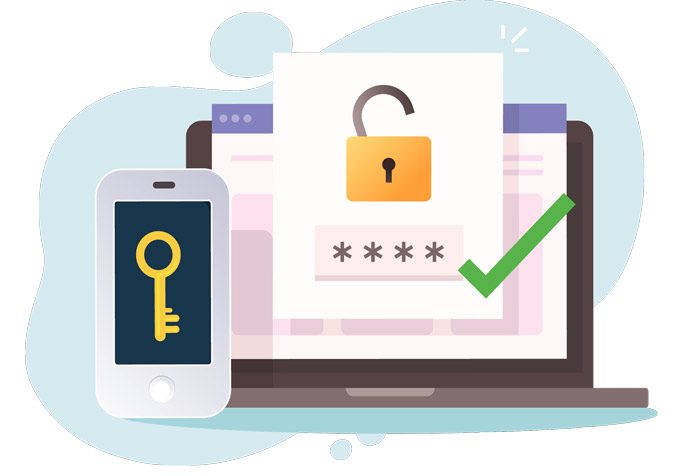
Two-factor authentication is growing increasingly popular in the digital world. This strategy involves using more than just a username and password combination to unlock an account.
If your employees want to access, for instance, your marketing resources or analytics tools, they also need to enter a randomly generated code sent to an app or their phone or use their fingerprint for biometric ID.
Multi-factor authentication services come in a range of shapes and sizes, depending on your budget, and the kind of business you run.
Although implementing this strategy can mean it takes a little longer for your employees to log in each morning, it also ensures that criminals can’t access your digital assets by getting hold of a password.
If you do implement two-factor authentication, just make sure that everyone in your company uses it correctly.
If your staff are confused, make documentation on how to leverage two-factor authentication safely available within your team’s toolkit.
Secure Internet Connections
Marketing professionals dealing with digital assets on their home networks aren’t likely to be targeted by any major criminals.
However, remote marketing teams won’t always be logging in exclusively from home.
If your employees occasionally get work done from local cafes or log into systems on the move, then you’ll need to ensure their connections are secure.
Public Wi-Fi connections are never secure enough for accessing sensitive information.
Your employees should know immediately how to separate a secure connection from an unsecured alternative.
It may also be worth asking your employees to use a VPN when possible.
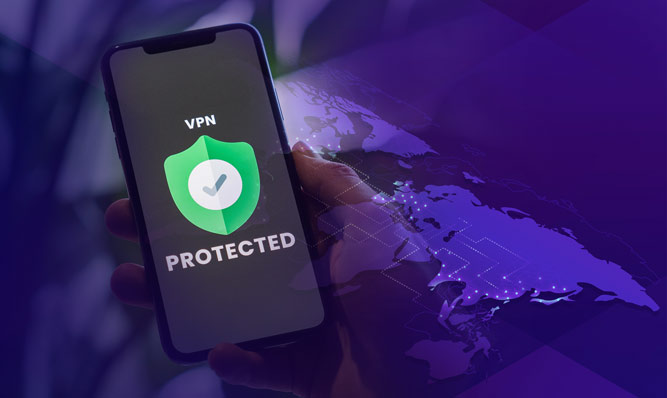
Virtual Private Networks are software solutions that sit between your internet connection and you, allowing for better end-to-end encryption.
Such solutions are available to set up over the cloud, so your employees can access them on any device, no matter where they are. You can even use a VPN on a smartphone or tablet.
Try Single Sign-On
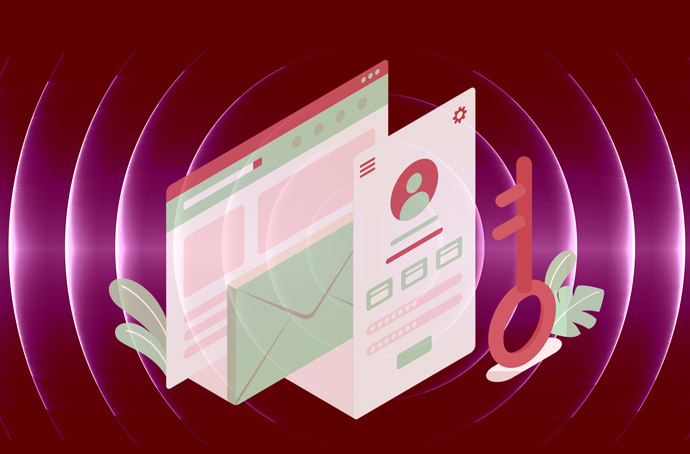
As mentioned above, passwords are a major security threat for many digital marketing teams.
Since most of today’s modern marketers use a huge selection of software tools every day to build campaigns, it’s very easy for them to get tired of remembering different passwords.
As a result, they may end up using the same credentials for everything.
A single sign-on solution could be the ideal alternative. This software simply allows users to log into multiple tools and environments at once, with a single password.
The key to success is making the single log-in as secure as possible.
Some companies use randomly changing passwords to ensure this, while others rely on biometrics and multi-factor security.
Securing just one account with access to a host of tools is often much easier from an IT professional’s perspective too.
You can use various tracking systems to ensure that only the right people are logging into a system from the correct IP address.
Implement Asset Management Strategies
Finally, the chances are that most of the people in your marketing team will be using a range of devices and services when working remotely.
Whether your team is using their own smartphones or company-issued laptops, you need to be able to track those assets from a distance, as well as stay on top of licences for services and digital assets your team is using daily.
IT management tools make it easier for technical support teams to check the performance of a piece of equipment from anywhere.
They also allow you to see whether your employees have downloaded any dangerous apps and block software that may lead to security breaches.
Businesses working with marketing teams who are often active on a smartphone can implement mobile device management to monitor threats remotely.
Additionally, some best practices for digital asset management include remotely wiping sensitive data from a device in the case that it ends up lost or stolen.
This prevents confidential information from getting into the wrong hands if the worst should happen.
Protect Your Digital Assets
In today’s digital world, it’s important for companies to think carefully about how they can protect all of their assets.
While many companies invest in insurance and protection for physical items, like cars and equipment, it is important to keep in mind that your digital assets also deserve a line of defence.
Now that more marketing professionals are working online, make sure that your remote employees have what it takes to protect any digital assets they’re working with.
Remember, a security breach doesn’t just cost your business time—it could also be enough to scare future customers away from your business.



